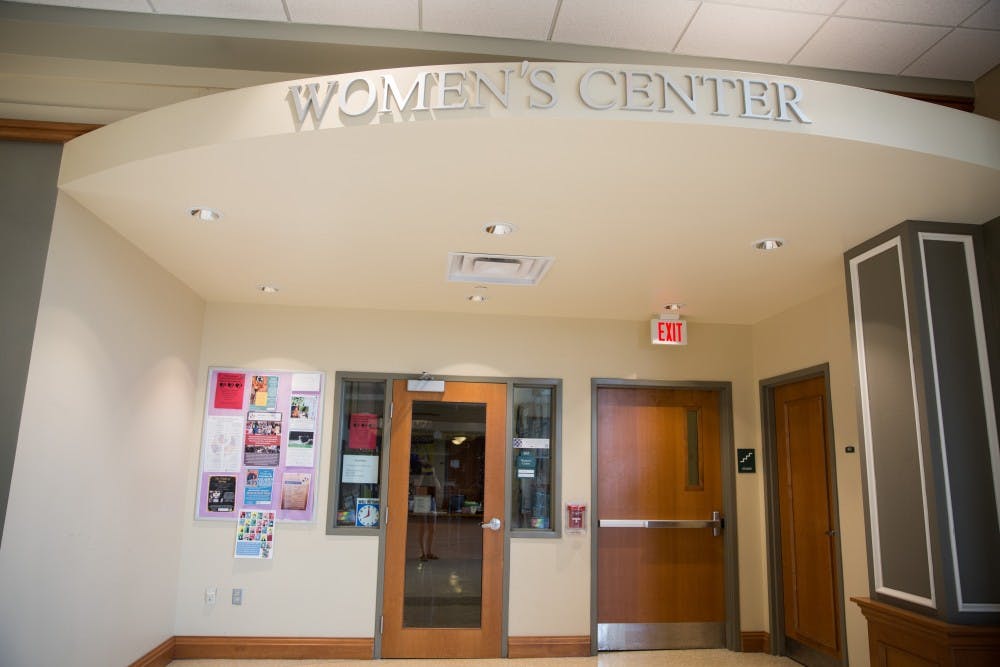Ohio University's Feminist Equality Movement group will host four days of sex-themed events that teach students about topics such as polyamory and BDSM through fun activities and educational events.
OU has had other sex-themed events such as Power/Gamma’s “Safe and Sexy,” but Sex Week hasn’t been done before. From Monday to Thursday, FEM will host one event at a different location each day. Starting with “Sextival!” and continuing from "What They Didn’t Teach You in Sex Ed” to “More Than Missionary Panel” and ending on “Sex Trivia!”
Monday’s event is “Sextival!” which has six booths where a student can make patches, play games and ask anonymous questions that will be answered in a later event, Karinne Hill, a sophomore studying sociology-criminology and women’s, gender and sexuality studies, said. Hill is a columnist for The Post.
“If you make an event look more fun … it’ll bring more people in and then once they’re there … (they) learn some stuff too while (they are) playing these games and winning these prizes,” Ariana Ybarra, a senior studying English involved with the planning, said. “It makes it a little bit less intimidating.”
Hill said one of the games is mini bowling with pins in the shape of penises.
Ybarra said they wanted to provide information on basic sex education but allow students to explore other areas of sexuality.
“Kids are away from their parents, and the reality of it is a lot of us are having sex and quite a bit of it,” Julian Shepherd, a sophomore studying creative writing who helped prepare for the panel on Wednesday, said.
The two events “What They Didn’t Teach You in Sex Ed” and “More Than Missionary Panel” cover topics that are considered outside of monogamous, vanilla or heterosexual sex, Ybarra said. She believes there is a need to “destigmatize the conversation around sex” and “widen the conversation” to include other types of sex.
Sex education at public schools isn’t usually comprehensive, Shepherd said. People could have those lifestyles, and education should normalize the differences.
Ybarra said most health curriculum doesn’t mention LGBT or polyamorous relationships.
“A lot of people practice non-monogamy but don’t call it poly,” ShaVaughn Peterson, who will be a speaker in Wednesday’s panel, said.
Some misconceptions about polyamorous relationships are that they’re all about the sex, Peterson said, and people who are polyamorous want to stop people from believing “secondary” partners being less than “primary” partners.
People don’t accept polyamory as a valid lifestyle because they’re afraid of “cheating and heartache,” Peterson said. Peterson added that college students may find polyamorous relationships suitable because it could open them up for more “human connection” and “closeness.”
“I’m just really excited to see the turnout and to have a really big crowd of sex positive people who are there to have an open dialogue and to have a good time,” Ybarra said.






